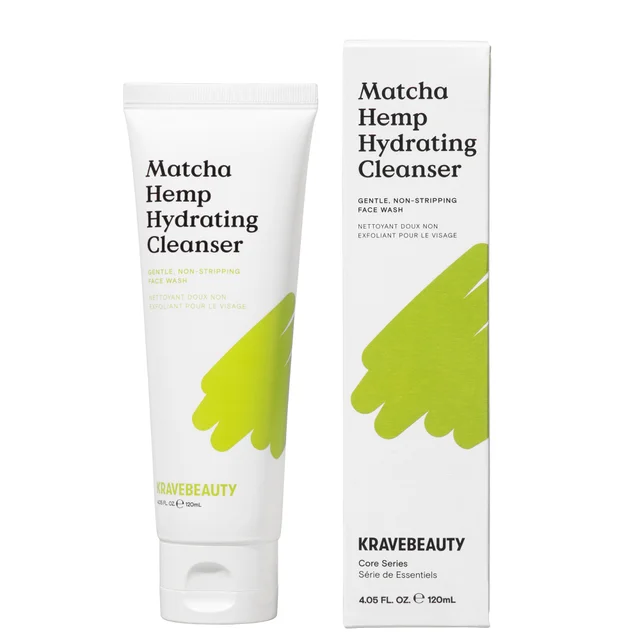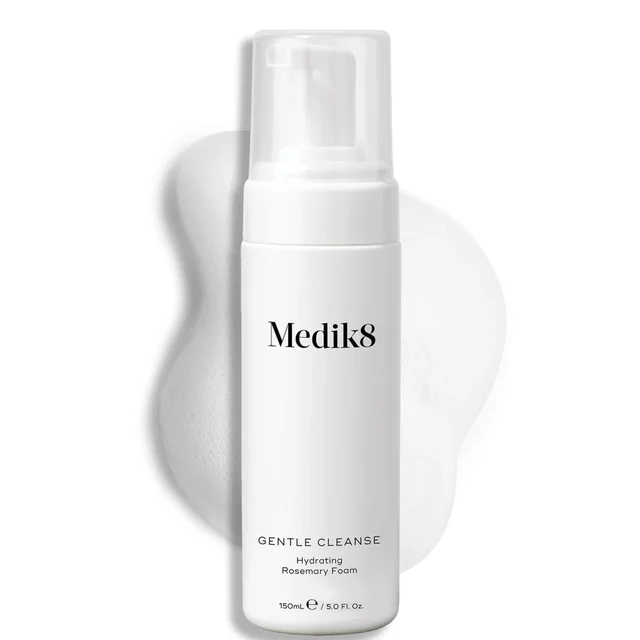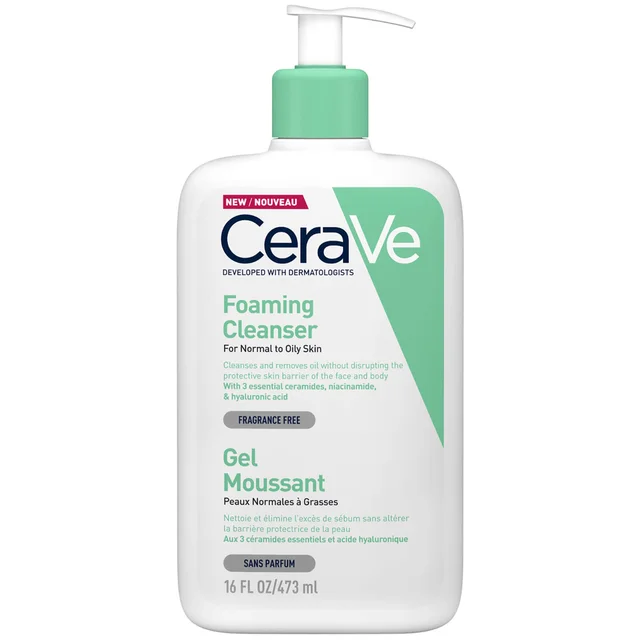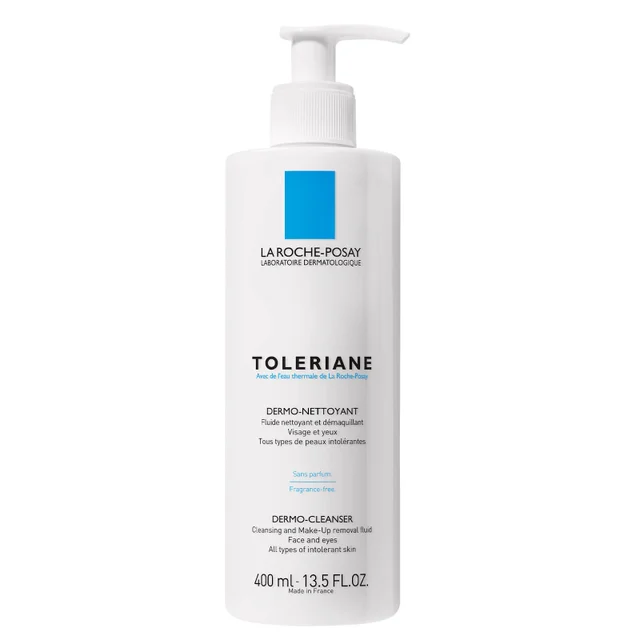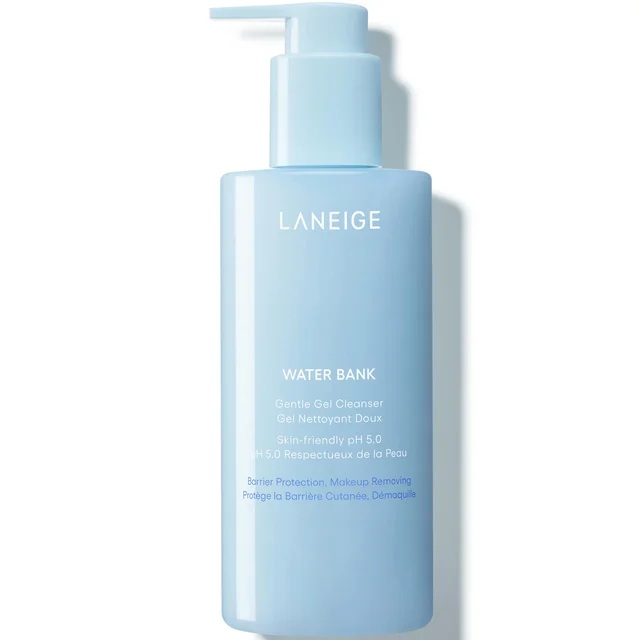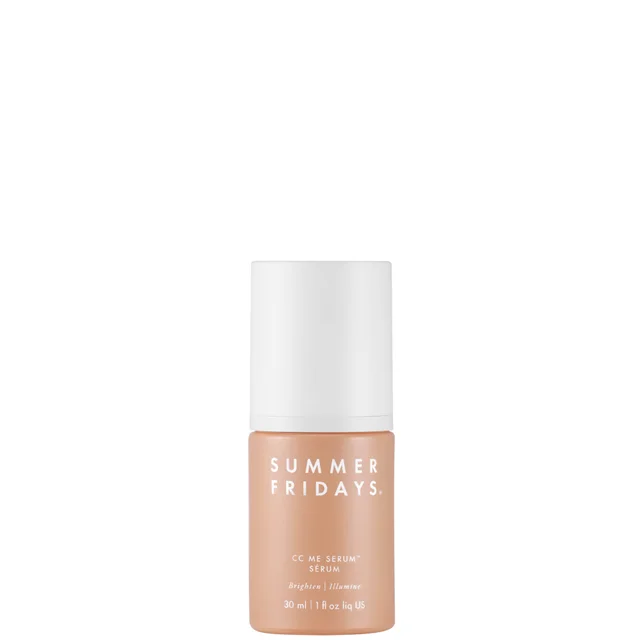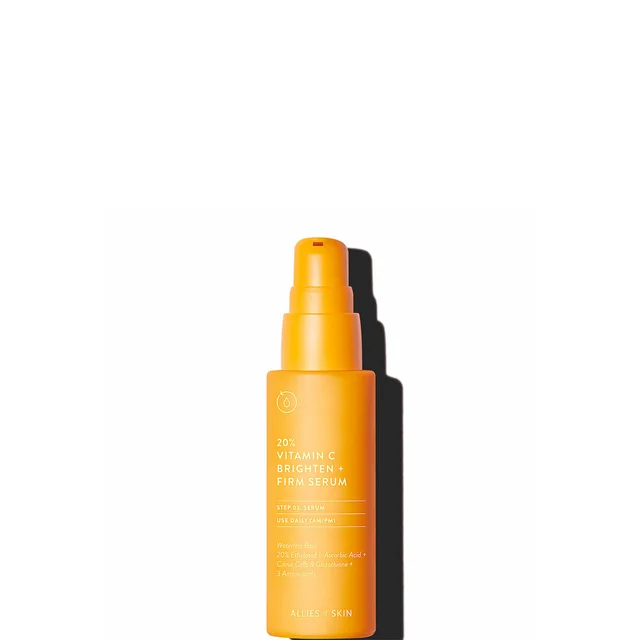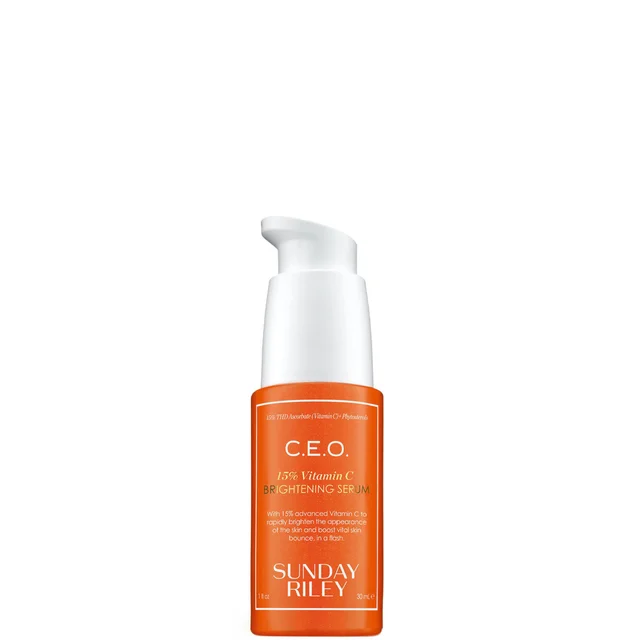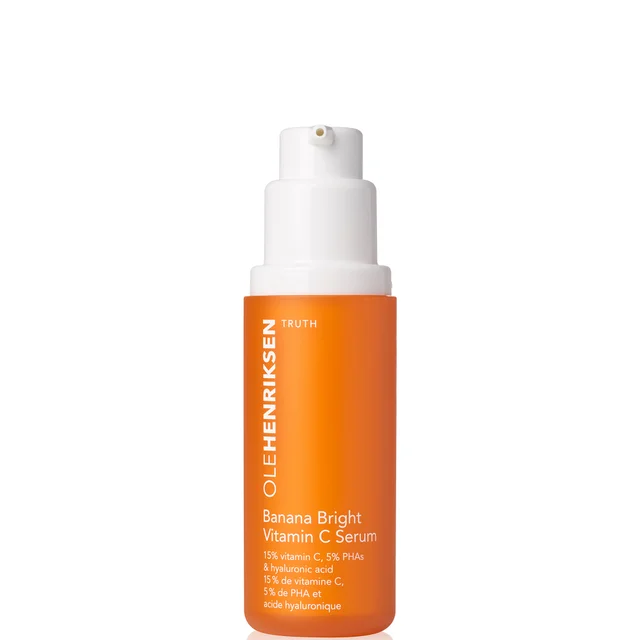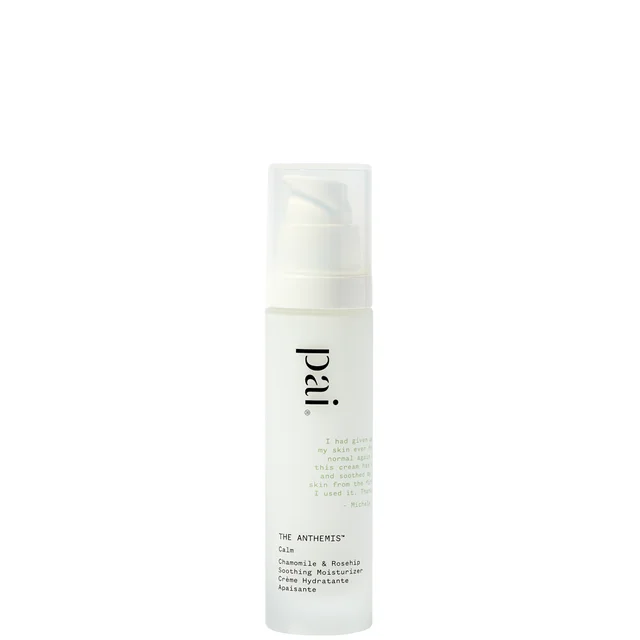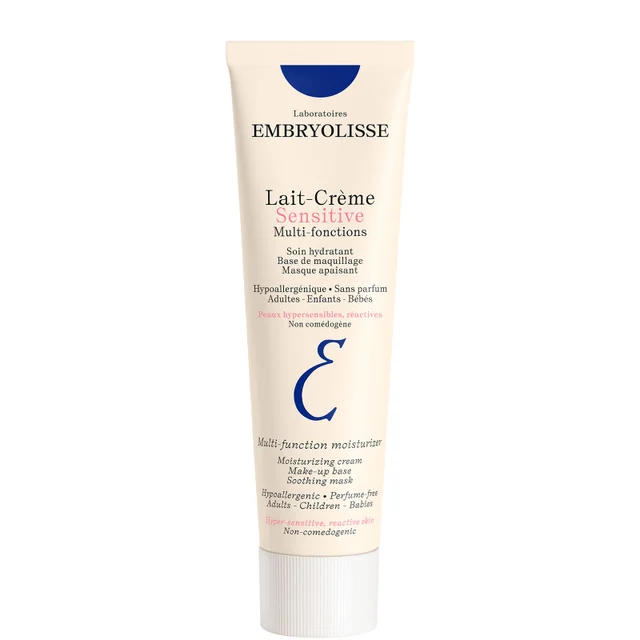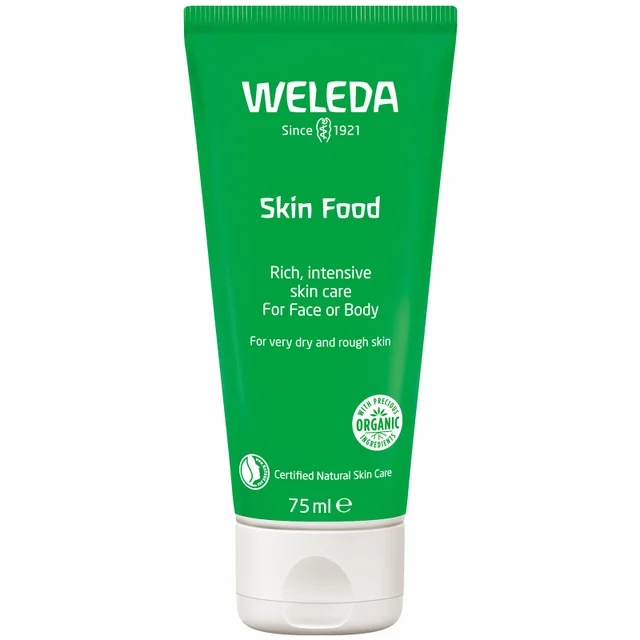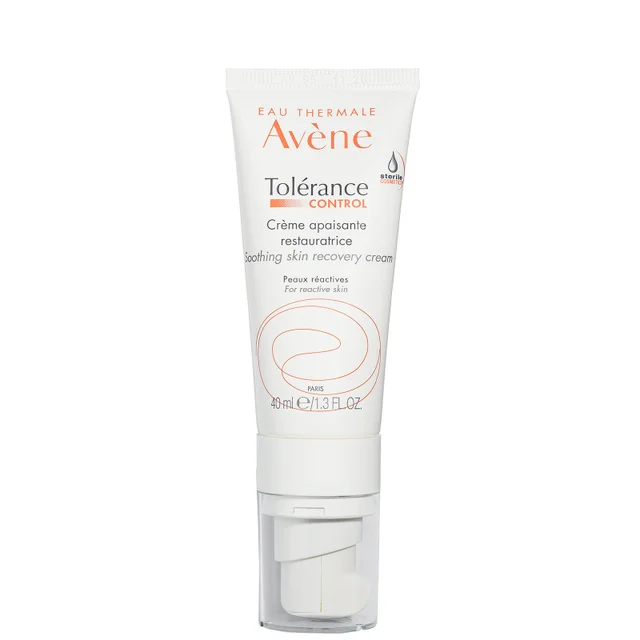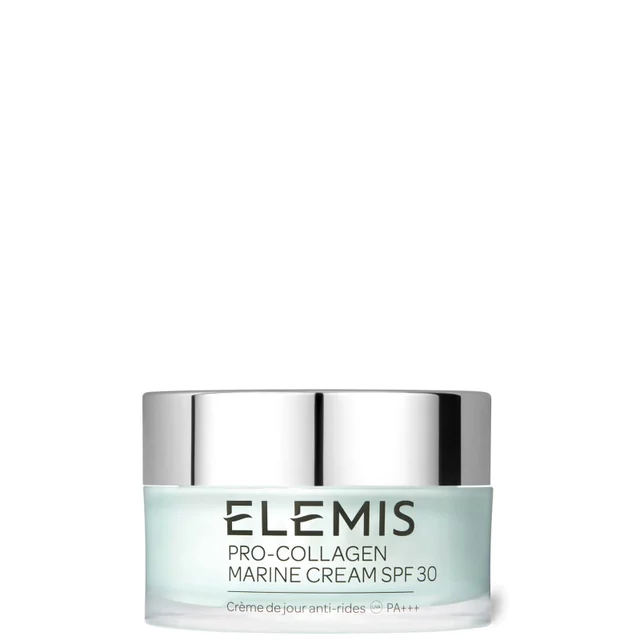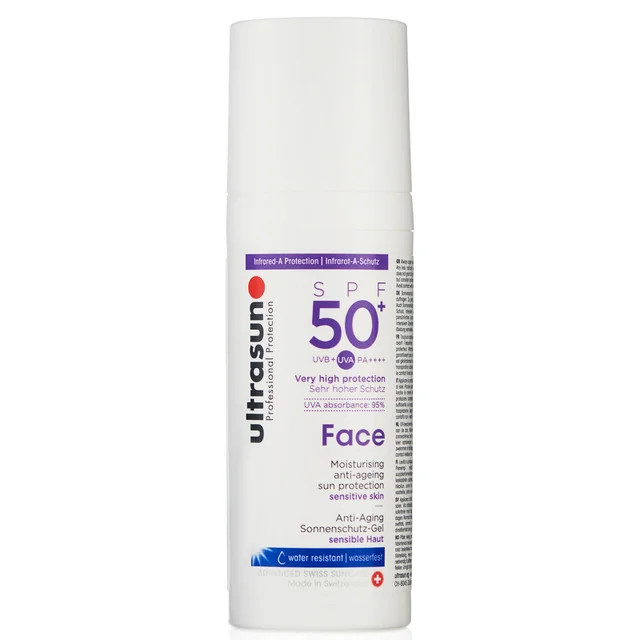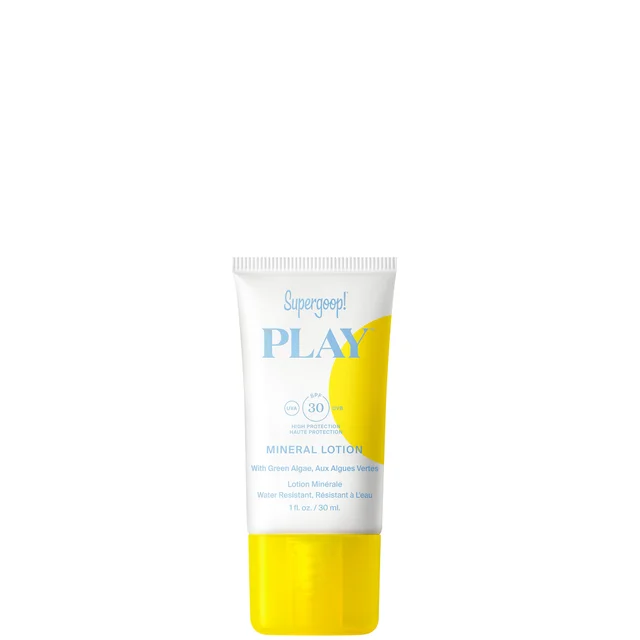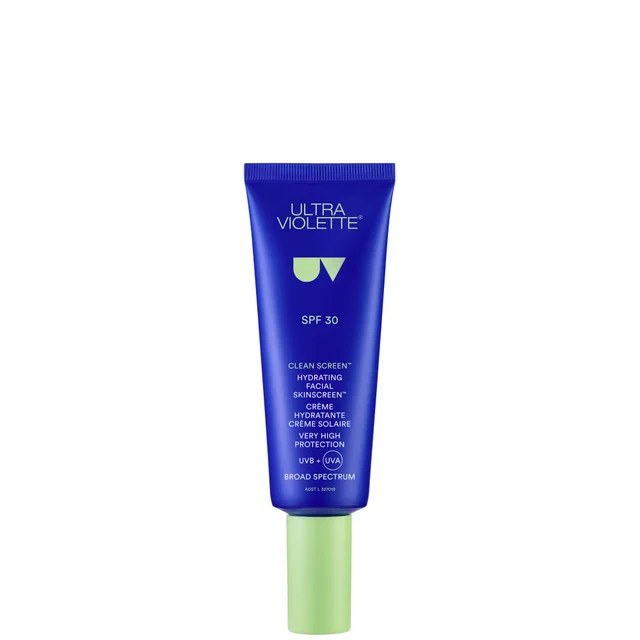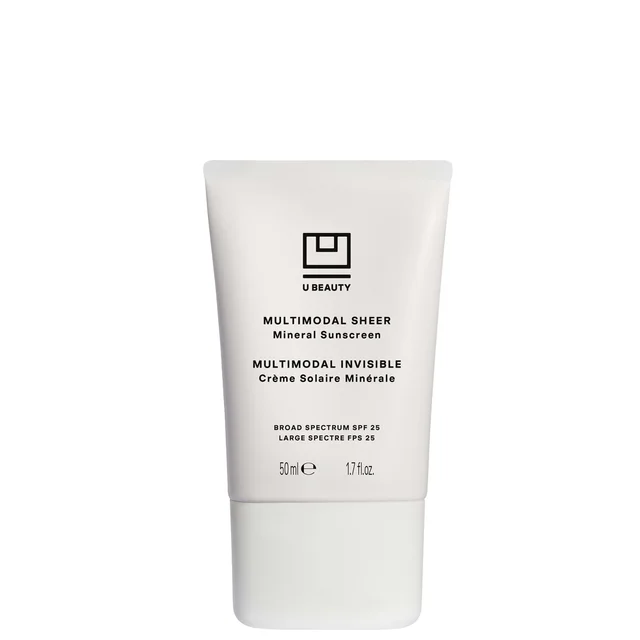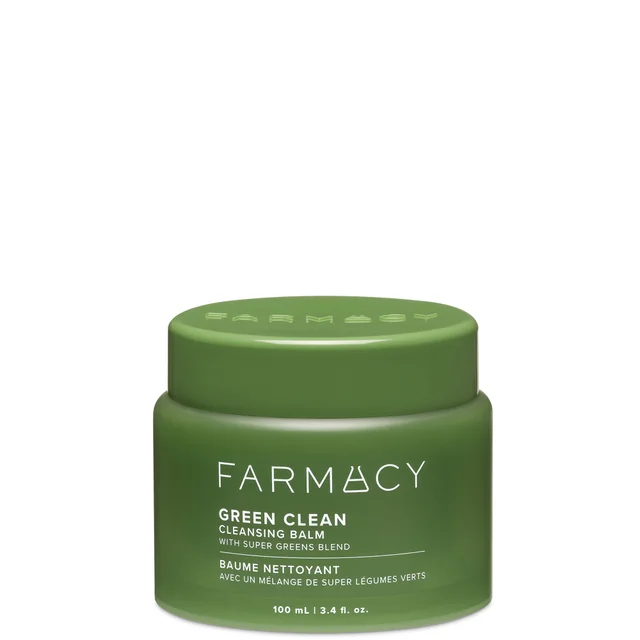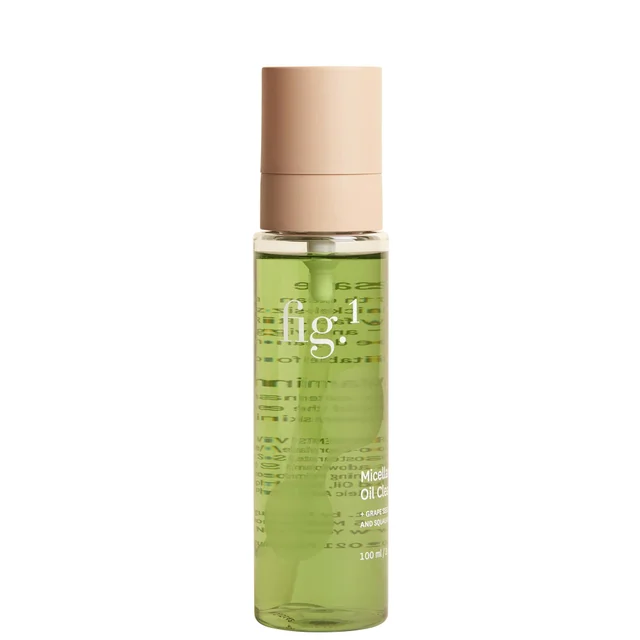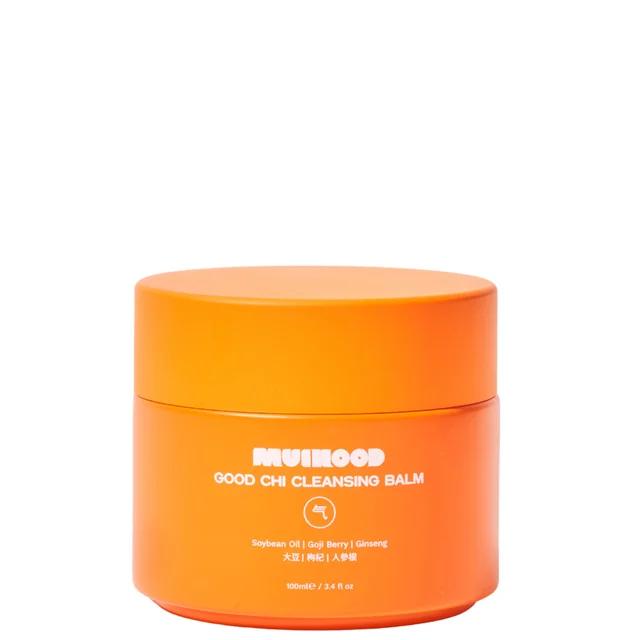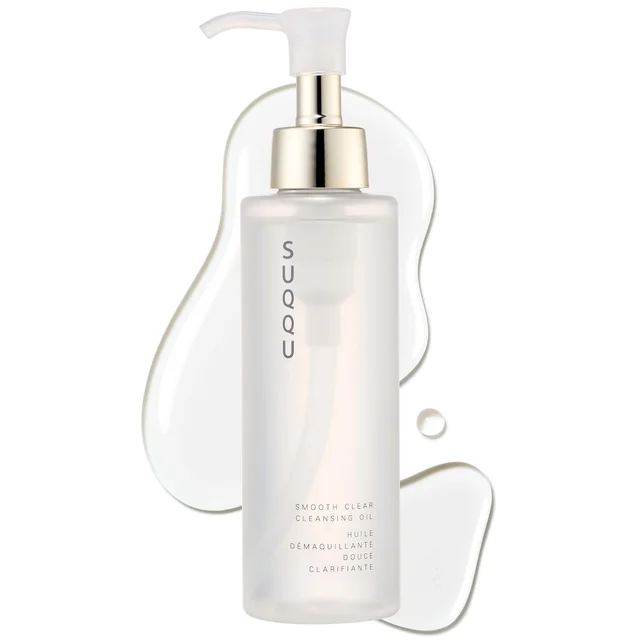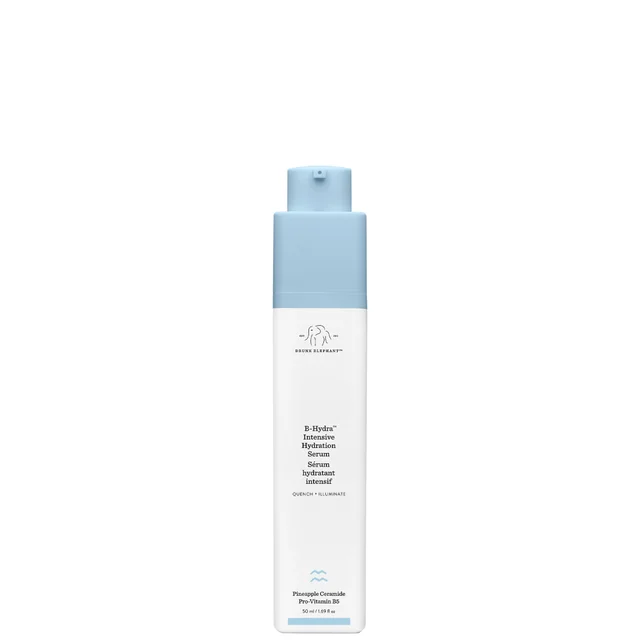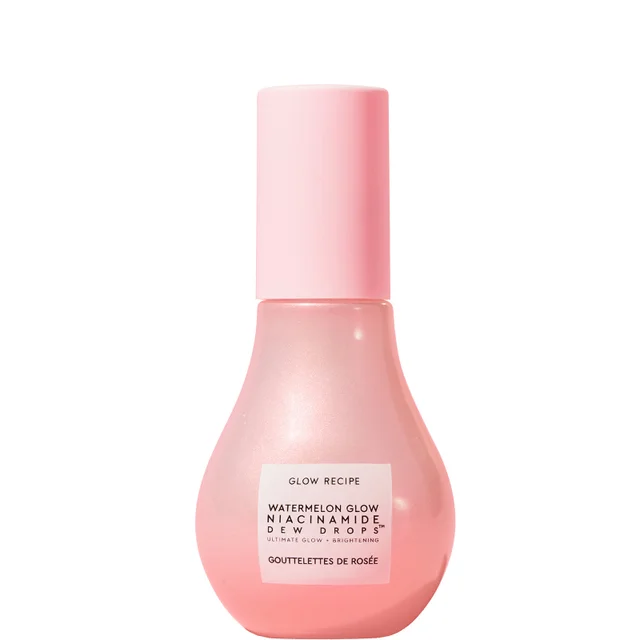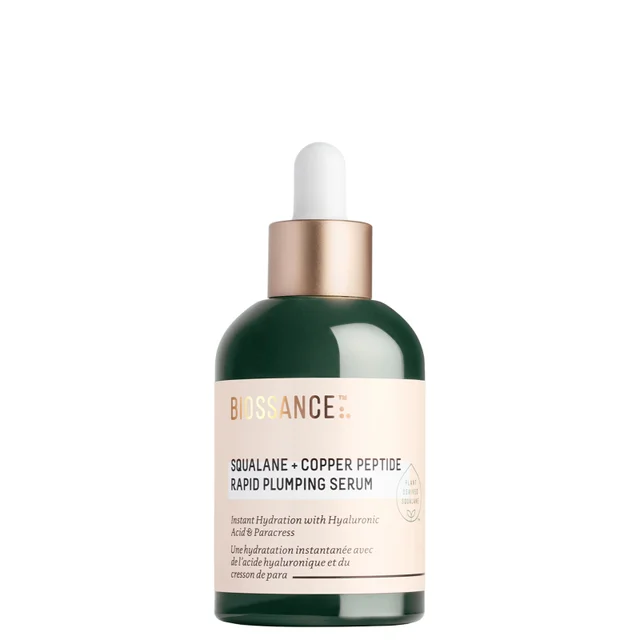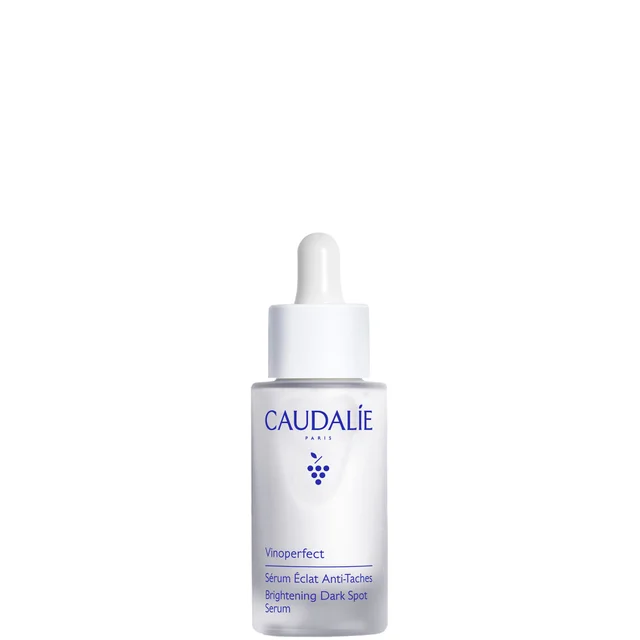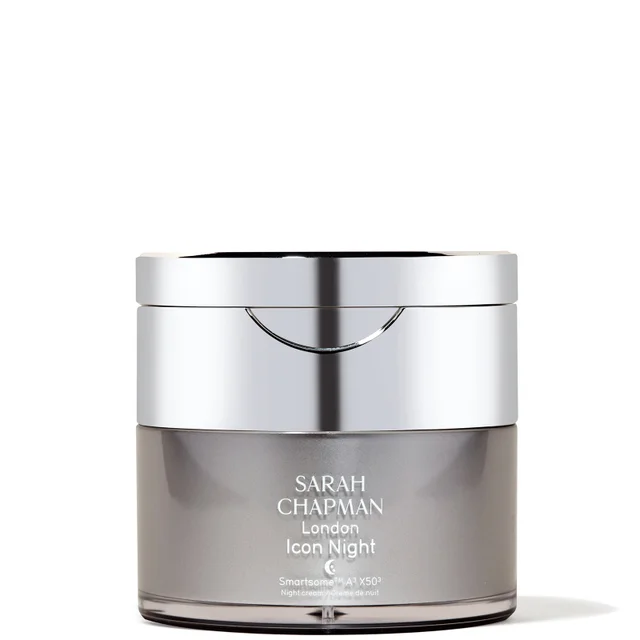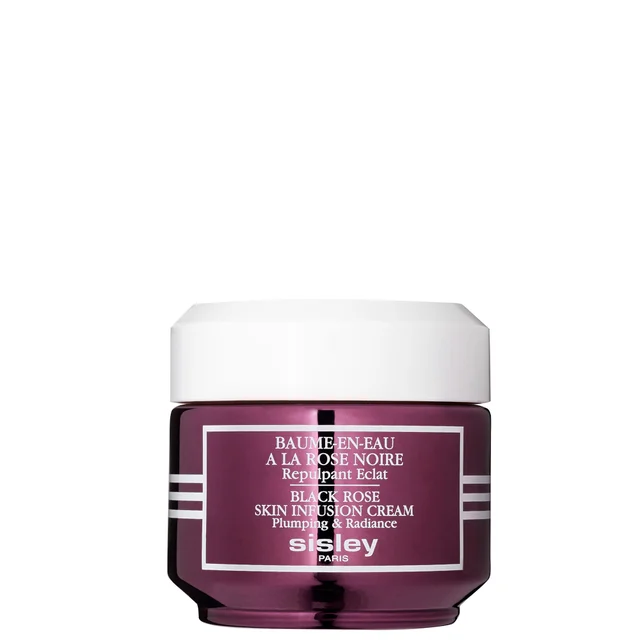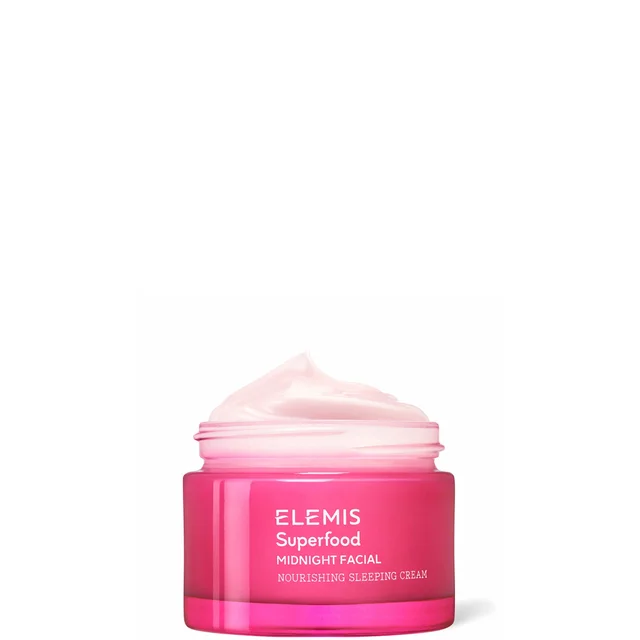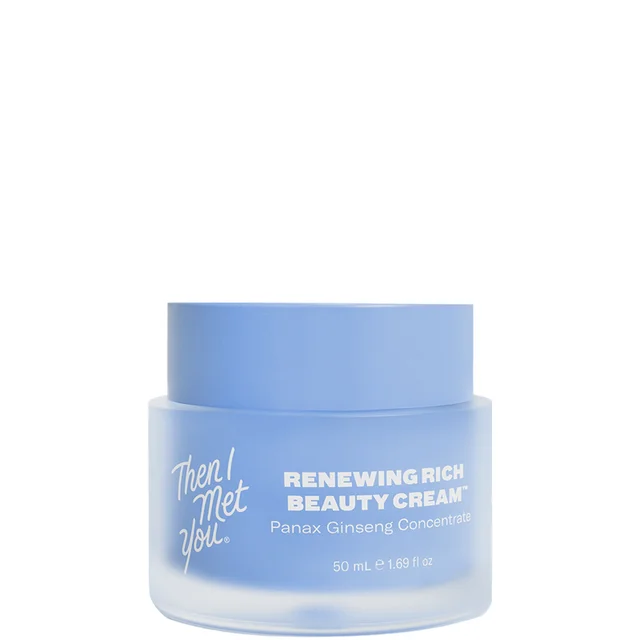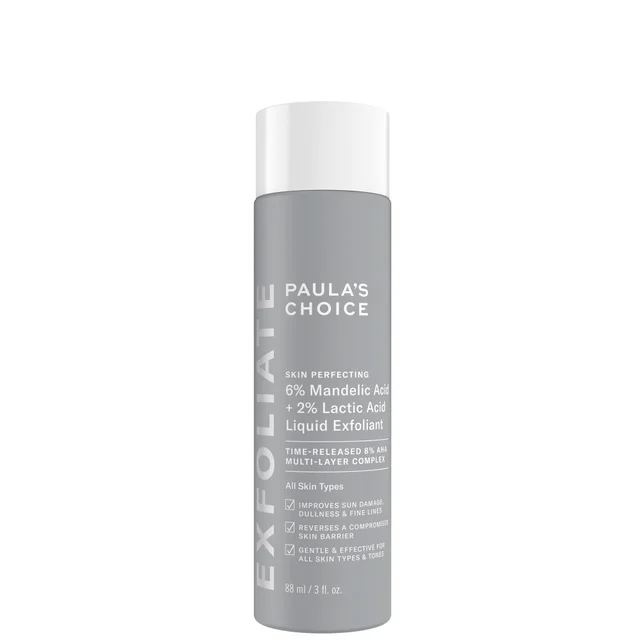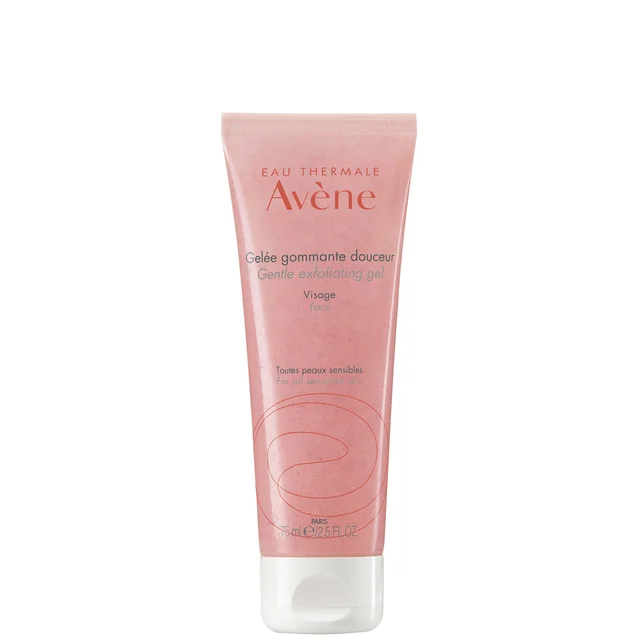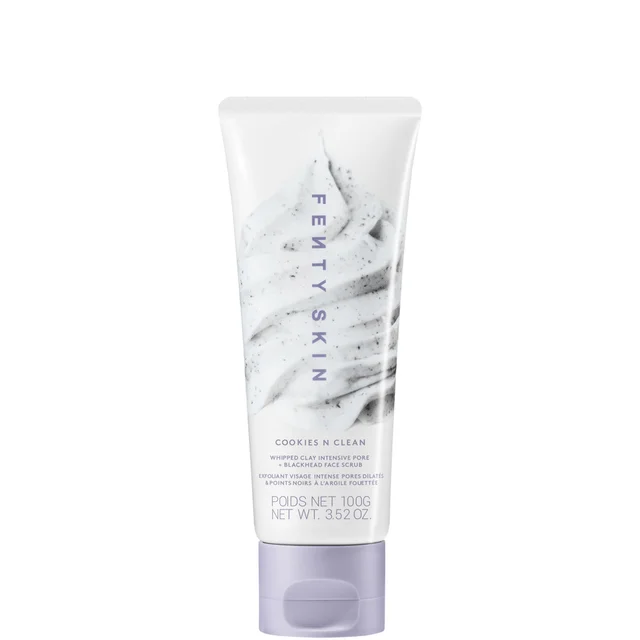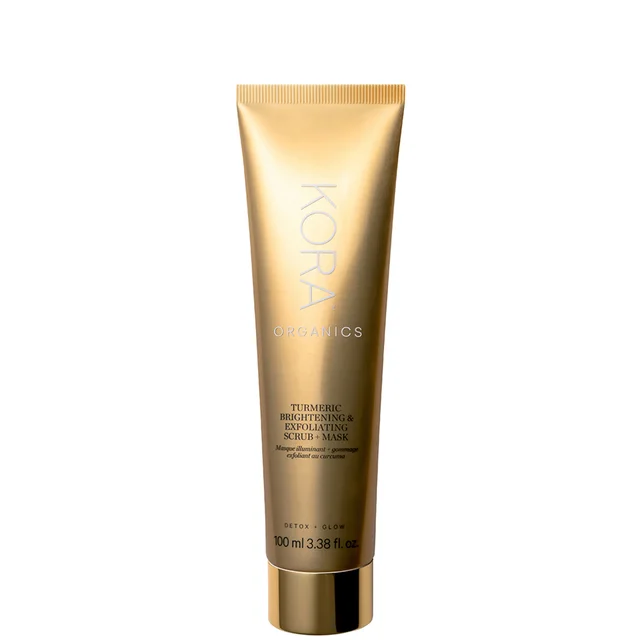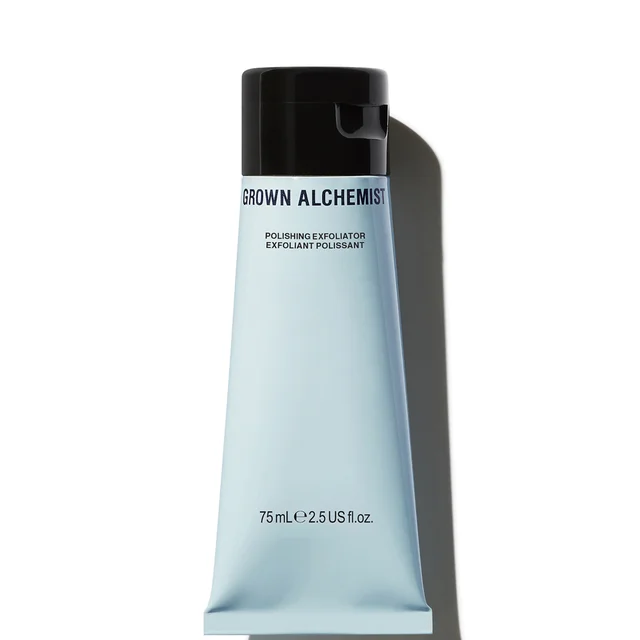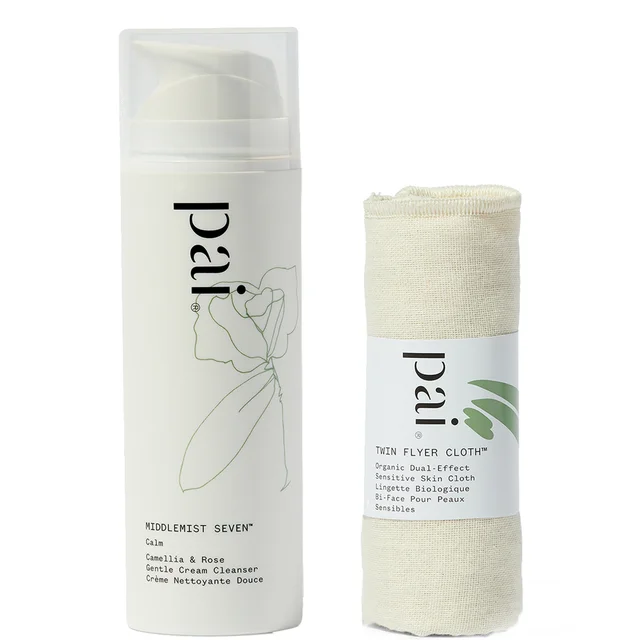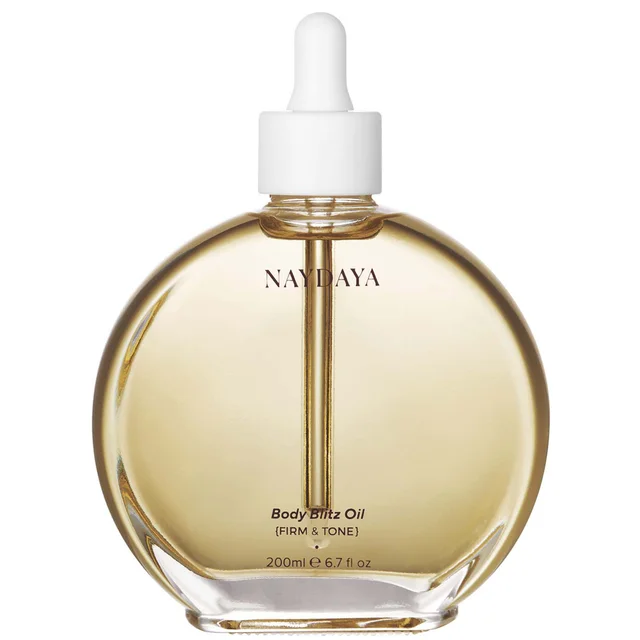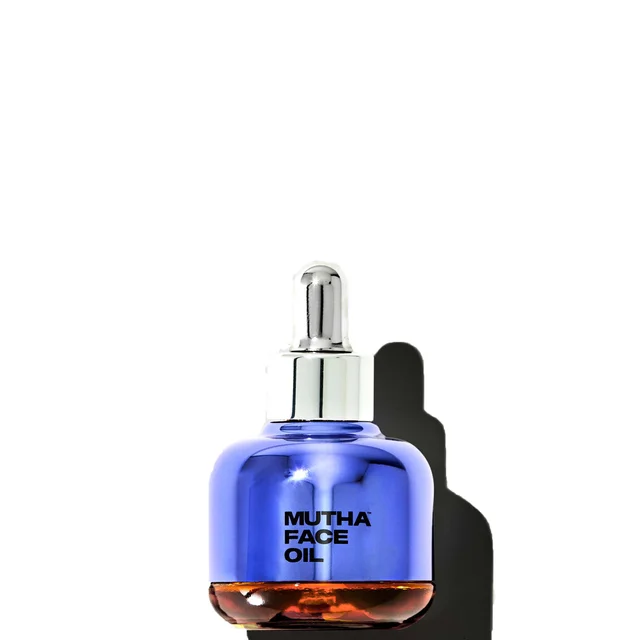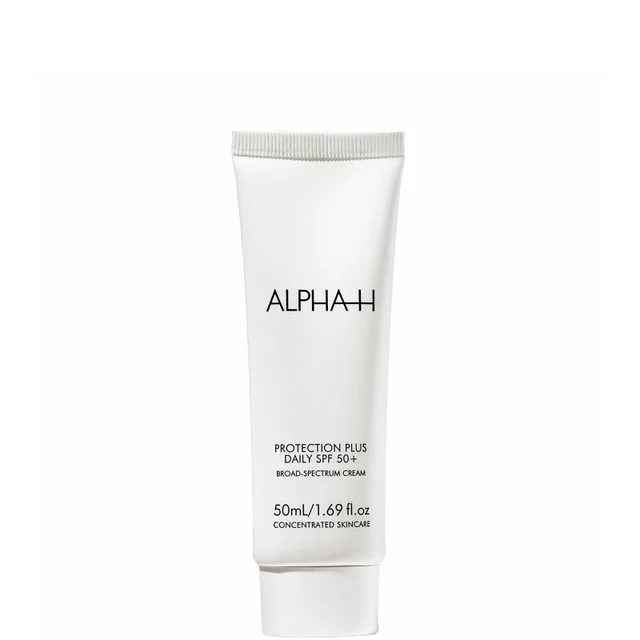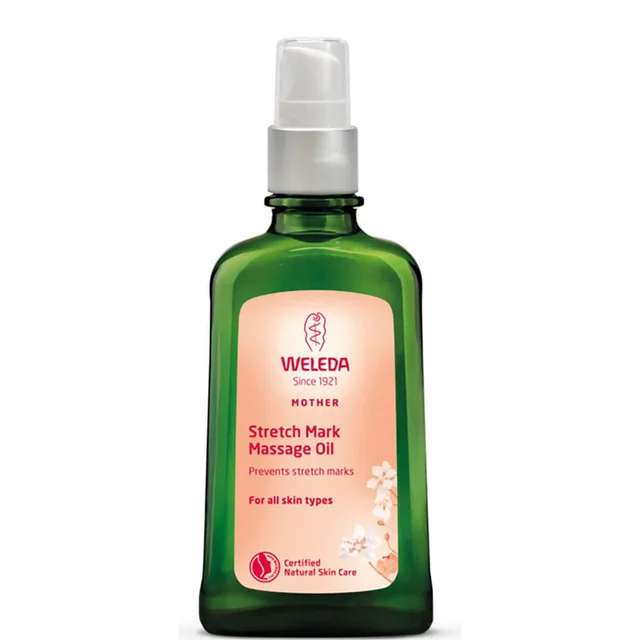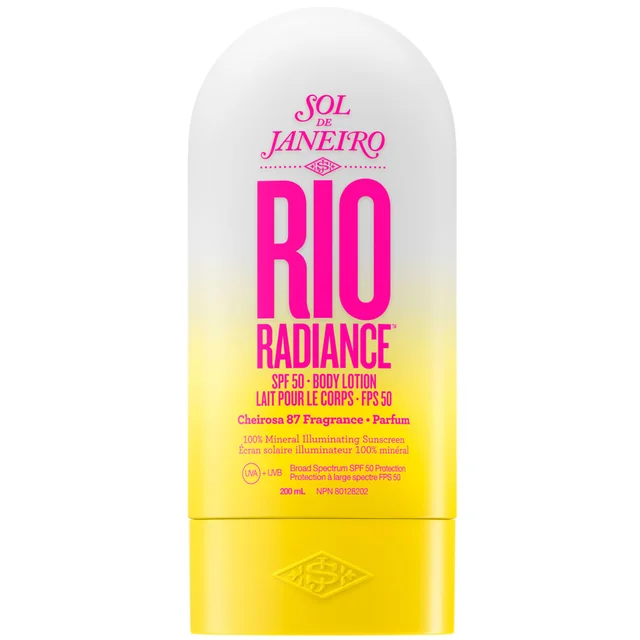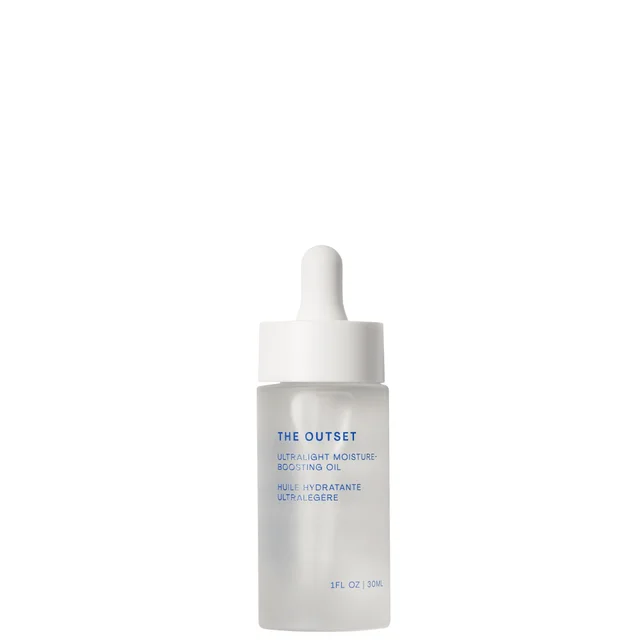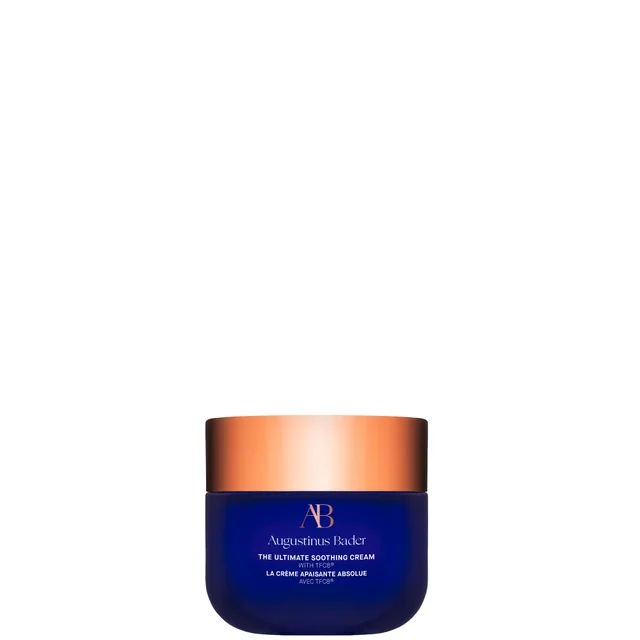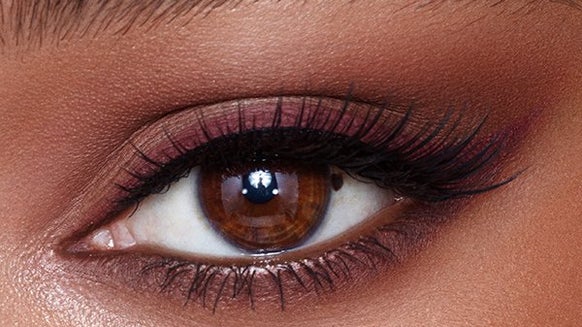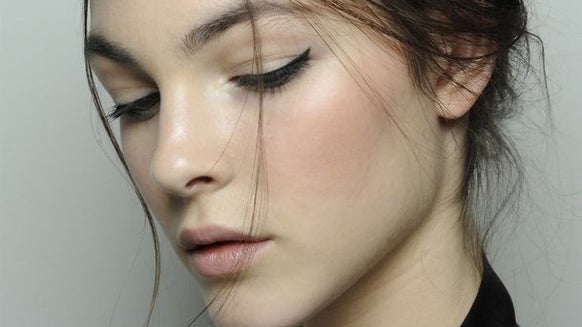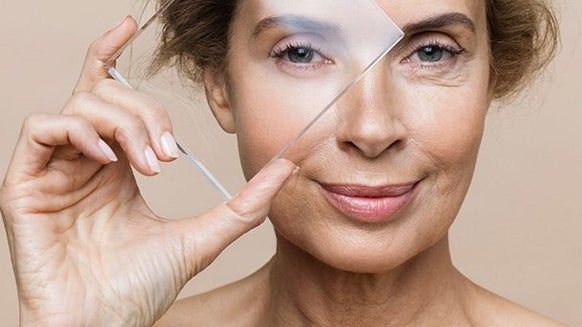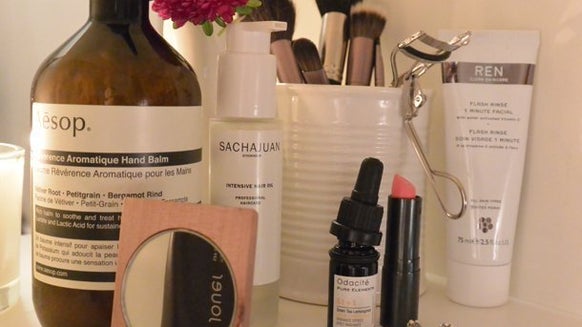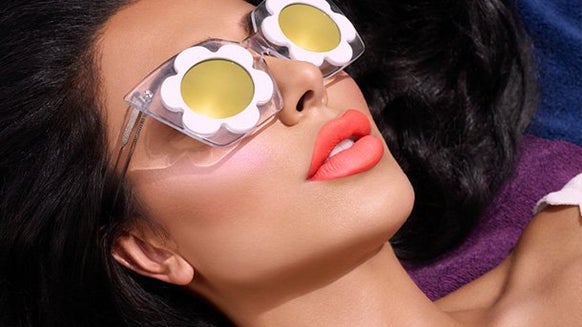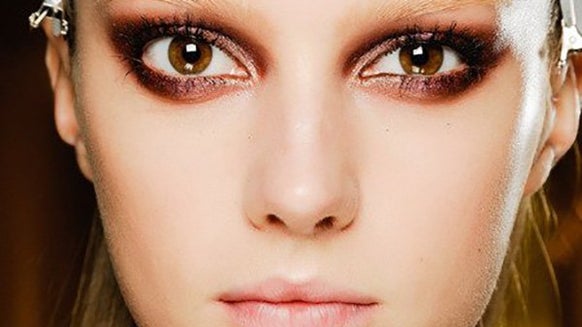YOUR GUIDE TO PREGNANCY SKIN CARE

We come bearing good news: pregnancy glow is real. Sometimes, it just needs a little push to come out and shine. Navigating the next nine months can be daunting for many, but your pregnancy skin care doesn’t have to be.
With searches for ‘skin changes during pregnancy’ rising by 350% in the past month and ‘pregnancy safe skin care’ queries increasing by 250%, according to Google Trends, it’s no secret that those expecting want to prepare more than just their nurseries ahead of their due date.
With that in mind, we caught up with Pharmacist Independent Prescriber and founder of The Derma Lab, Elizabeth Japal, to answer your most asked questions about pregnancy skin care and to reveal the best products on our virtual shelves right now.
IN THIS ARTICLE:
- How Does Pregnancy Affect Your Skin
- What Are The Most Common Skin Changes During Pregnancy
- How Should You Switch Up Your Skin Care Routine During Pregnancy
- What Skin Care Ingredients Should You Avoid During Pregnancy
- What Skin Care Ingredients Should You Use During Pregnancy
- Elizabeth’s Recommended Pregnancy Skin Care Routine
- What Are The Common Myths About Pregnancy Skin Care
- Elizabeth’s Dos And Don’ts For Pregnancy Skin Care
- The Best Pregnancy Skin Care
- Pregnancy Skin Care FAQs
HOW DOES PREGNANCY AFFECT YOUR SKIN
During pregnancy, it’s common to experience a range of skin changes. This includes everything from “increased sensitivity, dryness, breakouts and pigmentation issues such as melasma (often called the ‘mask of pregnancy’). Many also report that their skin feels more reactive, or conversely, may experience a pregnancy glow due to increased circulation and oil production,” explains Elizabeth.
But what is happening to our body to cause these changes?
While it’s not new news that your body is going through major physiological changes during pregnancy, such as increased blood volume and fluid retention, what many people don’t realise is that this can also impact how your skin looks and feels. “Skin changes are driven by hormonal fluctuations, primarily the increase in estrogen, progesterone and human chorionic gonadotropin (hCG). These hormones can affect the skin’s oil glands, melanin production and immune response, leading to everything from acne and pigmentation to increased redness or itchiness.”
WHAT ARE THE MOST COMMON SKIN CHANGES DURING PREGNANCY
Read on to take a deeper dive into the most common skin care side effects that can occur over the next three trimesters.
MELASMA
Is a skin condition typically characterised by brown or blue-grey patches and freckle-like spots. During the next nine months your hormones will temporarily increase the production of melanin, which can lead to hyperpigmentation typically found on your face and limbs. Not everyone will develop these dark patches, but those who do typically see them begin to fade postpartum once their hormones normalise.
ACNE
As with any hormonal shift, the risk of breakouts is inevitable – and pregnancy comes as no exception. Responsible for the increase of acne, androgens increase during pregnancy, causing your skin glands to grow and produce more sebum than before. The excess oil then clogs the skin’s pores, resulting in bacteria and inflammation.
STRETCH MARKS
With up to 90% of people experiencing stretch marks during their pregnancy, they’re without a doubt one of the most common pregnancy symptoms. A sign of the skin being pulled in all directions to accommodate the growing foetus, they are in essence micro-tears in the dermis and a sign of loss of elasticity as your bump begins to grow. While stretch marks typically occur around six or seven months, they can begin to develop at any stage.
DRY & ITCHY SKIN
All this stretching can lead to dryness and itchiness. As your skin expands, it requires extra hydration, so moisturising is key! With your hormone levels fluctuating (not to mention the growing baby consuming a large portion of your daily nutrients), your skin is likely to become irritable, specifically around your bump.
LINEA NIGRA
A dark vertical line running down from the belly button, the linea nigra naturally appears towards the end of pregnancy for some people. But why does this happen? You guessed it, it’s yet another result of hormonal change. With the increase of oestrogen in the body speeding up pigment production, cells go into melanin overdrive—so much so that your nipples may darken as well.
HOW SHOULD YOU SWITCH UP YOUR SKIN CARE ROUTINE DURING PREGNANCY
The best pregnancy skin care routine is unique for each individual (we’ll get into that a little later on). There is no right or wrong way to do this. Even if you’ve been pregnant before, your skin can react completely differently the next time around, meaning you may need to find a new regime to suit this pregnancy.
However, “pregnancy is a time to pare back and simplify your skin care routine. It’s best to focus on soothing, hydrating and protecting the skin barrier. With this you may need to stop using certain actives like retinoids or salicylic acid in high doses and swap in gentler, pregnancy-safe alternatives. I always suggest opting for fragrance-free, hypoallergenic products where possible, as your skin can become more sensitive within this time”.
WHAT SKIN CARE INGREDIENTS SHOULD YOU AVOID DURING PREGNANCY
While pregnancy is a wonderful journey, it also calls for extra caution, especially when it comes to what you put on your skin. Some commonly used skin care ingredients can pose risks so it’s important to know which ones to steer clear of.
Retinoids (including retinol and tretinoin): Oral retinoids (we’re talking isotretinoin used for severe acne) are linked to causing serious birth defects. While topical retinoids are absorbed through the skin in much smaller amounts, there’s still a concern that even small systemic absorption could potentially pose risks to the developing fetus.
High-dose salicylic acid: small amounts (under 2%) of salicylic acid are likely to be safe during pregnancy, but higher concentrations (such as in chemical peels or strong acne treatments) can increase the likelihood of systemic exposure, which is why they’re avoided.
Hydroquinone: As hydroquinone is absorbed into the bloodstream at a higher rate than many other topical ingredients (up to 35-45%), it raises concerns about the amount of chemical that could reach the developing baby.
Certain essential oils: Like rosemary, sage and peppermint can be sensitising or problematic as your skin is much more irritable during pregnancy.
Chemical sunscreens: Typically using ingredients such as oxybenzone, avobenzone and octinoxate, chemical sunscreens absorb UV rays and convert them into heat. While effective for sun protection, there are a few concerns about using them during pregnancy as it these components can be absorbed through the skin and enter the bloodstream. Instead, ensure you apply mineral alternatives.
WHAT SKIN CARE INGREDIENTS SHOULD YOU USE DURING PREGNANCY
But it’s not all doom and gloom. The good news? Pregnancy doesn’t mean you have to put all your skin care on pause. In fact, there are plenty of safe and effective ingredients that can support your skin through the hormonal changes, keeping it healthy and hydrated. From brightening vitamins to gentle hydrators, these skin care superstars are pregnancy-friendly and ideal for maintaining nourished appearance.
Niacinamide: A great all-rounder, niacinamide is celebrated to reduce the risk of redness, pigmentation all while strengthening the skin barrier.
Vitamin C: A brightening agent, vitamin C acts as a powerful antioxidant that protects against environmental stressors while lightening dark spots to promote a more even, radiant complexion by inhibiting melanin production.
Hyaluronic acid: A powerful humectant that’s deeply hydrating, hyaluronic acid draws moisture from the environment into your skin, providing intense nourishment without feeling heavy or greasy. This is especially beneficial during pregnancy when skin can become dry and stretched.
Azelaic acid: A brilliant, pregnancy-safe option for treating acne and melasma, azelaic acid helps reduce blemishes by unclogging pores and reducing inflammation without the harshness of stronger treatments. What’s more, a naturally occurring acid found in grains like barley and wheat, it’s gentle enough for sensitive skin too.
Ceramides and peptides: Helping to restore the skin barrier and lock in moisture, ceramides and peptides are a dynamic duo that nurture, protect and strengthen your skin gently and safely during pregnancy.
“The best way to understand which skin care products are safe during pregnancy is to consult your GP, midwife, or pharmacist and look for reputable brands that specify pregnancy-safe formulations.”
ELIZABETH’S RECOMMENDED PREGNANCY SKIN CARE ROUTINE
When it comes to pregnancy skin care, simplicity and safety are key. Elizabeth breaks down a gentle, yet effective daily routine designed to nourish and protect your skin throughout every trimester.
YOUR MORNING SKIN CARE ROUTINE
Gently cleanse: Start your day with a gentle, hydrating cleanser that is soap-free and formulated for sensitive skin. This helps to melt away overnight impurities and excess oils without stripping your skin of its natural moisture. Look for creamy or gel-based cleansers that soothe and calm any pregnancy-related sensitivity or dryness.
Apply an antioxidant serum: Next, apply a vitamin C serum to brighten dull skin and help reduce pigmentation caused by hormonal changes. This will also shield your skin from environmental damage, promoting a more even and radiant complexion throughout your pregnancy.
Moisturise, moisturise, moisturise: Follow with a non-comedogenic moisturiser to lock in hydration and support your skin’s natural barrier. Pregnancy can make your skin more sensitive and prone to dryness, so opt for a nourishing formula that feels lightweight, keeping your skin soft and comfortable all day long.
Shield with sunscreen (SPF 30 or higher): Complete your AM regime with a broad-spectrum mineral sunscreen, containing zinc oxide or titanium dioxide. These mineral filters provide effective protection against UVA and UVB rays without penetrating the skin, making them the safest choice during pregnancy. Daily sun protection is crucial to prevent pigmentation from worsening and to keep your skin healthy.
YOUR EVENING SKIN CARE ROUTINE
Cleanse the day away: Using the same gentle, hydrating cleanser from your morning routine, remove your make up, sunscreen and daily impurities without disrupting your skin’s natural moisture barrier. A mild cleanser will help soothe sensitive pregnancy skin and prepare it for the next steps.
Hydrate with your serum: Select a serum packed with hydrating and calming ingredients like hyaluronic acid and niacinamide. Hyaluronic acid attracts and retains moisture, providing hydration to dry or stretched skin. While niacinamide reduces redness, balances pigmentation and strengthens the skin barrier, making it an excellent multitasker during pregnancy when your skin can be more reactive.
Moisturise, moisturise, moisturise: For the evening choose a richer moisturiser, especially if your skin feels dry or tight. A cream or balm texture can provide extra hydration and support skin repair overnight.
Finish off with a gentle exfoliation (optional): Incorporate a gentle exfoliant like lactic acid or polyhydroxy acids (PHAs) once or twice a week to promote gentle cell turnover and brighten the skin without causing irritation. These mild exfoliants help smooth texture, prevent clogged pores, and support a glowing complexion while being safe and suitable for sensitive pregnancy skin.
WHAT ARE THE COMMON MYTHS ABOUT PREGNANCY SKIN CARE
Just like many beauty regimes, hacks and tips, there are many myths that centre around pregnancy skin care. “One of the most common misconceptions is that all skin care products are unsafe during pregnancy, which can lead to unnecessary fear. Consequently, many people believe that natural products are always safe, but many natural ingredients, like essential oils or herbal extracts, can be irritating or even harmful during pregnancy. Many also believe they must stop treating acne or pigmentation altogether, but safe alternatives exist if you have proper guidance.”
ELIZABETH’S DOS AND DON’TS FOR PREGNANCY SKIN CARE
So now we know the myths, it’s to find out the musts of pregnancy skin care. Simply follow Elizabeth’s top tips below.
DOs:
Do use SPF every day as hormonal pigmentation like melasma worsens with sun exposure. - Do patch test new products, even if your skin wasn’t sensitive pre-pregnancy.
- Do stay consistent with hydration and barrier support. The simpler, the better.
DON’Ts:
- Don’t panic if your skin flares up, it’s normal and usually temporary.
- Don’t overload your routine with too many actives. Less is more.
- Don’t rely solely on ‘natural’ products, always check the ingredients list first.
THE BEST PREGNANCY SKIN CARE
PREGNANCY SKIN CARE FAQS
When does pregnancy glow start?
Typically, the pregnancy glow usually becomes noticeable during the second trimester (around weeks 13 to 28). This radiance occurs as your body undergoes hormonal changes that increase blood circulation and boost oil production in the skin, giving it a plump and dewy finish. Increased blood volume and faster metabolism also contribute to that healthy flush many pregnant people notice.
What is the best moisturiser for pregnancy?
The best moisturisers to use while pregnant are those that are gentle, hydrating and are infused with nourishing ingredients like ceramides, hyaluronic acid, glycerin and peptides to support and strengthen the skin barrier.
When should I start moisturising my pregnant belly?
There are no rules on when you should moisturise your bump, but generally, it is a good idea to start moisturising your pregnant belly as soon as you notice it starting to grow and stretch, which can be anytime in the first trimester but often becomes more noticeable in the second trimester.
So, now you have all the information you need to carry out your pregnancy skin care with confidence, it’s time for you and your bump to sit back, relax and enjoy some well-earned beauty TLC.

Cult Beauty’s Senior SEO Copywriter, Trifonia started out in the industry when bold brows were just becoming a ‘thing’, and shares a passion for all things fashion and beauty. Currently embracing her curly girl journey (after endless years of straightening her strands), she is finally reverting to her natural ways! When Triffy isn’t busy testing out the latest curl-saving solutions, you’ll find her binging the latest reality TV show or on a long walk listening to her ever-evolving country music playlist.
